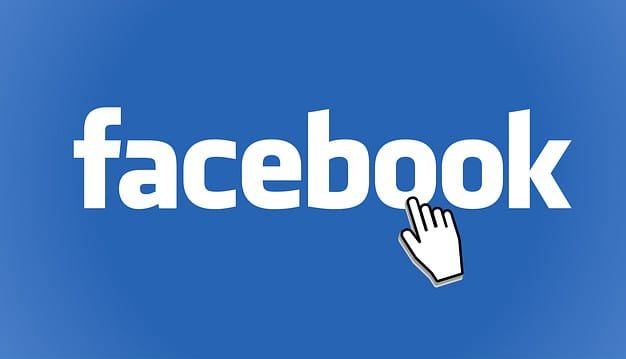Facebook has had a profound impact on how news and information are disseminated, influencing the way people consume media and interact with current events. Here’s a breakdown of the key aspects:

-
Widespread Access to Information
- Global Reach: With billions of users worldwide, Facebook has become a major platform for news dissemination. News organizations and independent creators utilize Facebook to reach a broad audience, making information accessible to people from various regions and demographics.
- Instant Updates: Facebook also allows real-time updates on news events. This immediacy enables users to stay informed as events unfold, reshaping how people consume news by favoring quick, digestible updates over traditional formats.
-
Personalization and Echo Chambers
- Algorithmic Filtering: Facebook’s algorithm prioritizes content that aligns with users’ interests and past behavior. While this personalization improves user experience, it can also lead to echo chambers, where users are mainly exposed to views that reinforce their existing beliefs.
- Formation of Filter Bubbles: These echo chambers contribute to filter bubbles, where opposing viewpoints are less represented. This results in a polarized understanding of events and issues, narrowing users’ perspectives.
-
The Rise of Citizen Journalism
- User-Generated Content: Facebook empowers ordinary users to act as citizen journalists, sharing live updates, news, and opinions directly from the scene. This democratization of information has broadened available perspectives, though it raises concerns about the accuracy and reliability of these reports.
- Viral Content and Its Impact: Information on Facebook can go viral, reaching millions in minutes. While this helps amplify important stories, it also spreads misinformation rapidly, making content regulation more challenging.
-
Challenges with Misinformation and Fake News
- Spread of Misinformation: Facebook has been criticized for facilitating the spread of misinformation and fake news. The platform’s algorithms, which prioritize engagement, often promote sensational or misleading content, which then circulates quickly among users.
- Efforts in Fact-Checking and Moderation: In response, Facebook has introduced fact-checking and content moderation programs. However, the effectiveness of these efforts remains a topic of debate, as balancing free speech with preventing harm continues to be a challenge.
-
Impact on Traditional Media
- Decline of Traditional Media Consumption: The rise of Facebook as a primary news source has led to a decline in traditional media consumption. More users now opt to get their news via social media feeds instead of newspapers or TV broadcasts.
- Economic Shifts in News Organizations: This shift has significantly impacted the economic model of traditional news outlets. As a result, many organizations have adjusted their strategies, focusing more on digital platforms and social media to maintain relevance and generate revenue.
-
Influence on Public Opinion and Politics
- Shaping Public Discourse: Facebook has become a major platform for shaping public opinion. Its vast reach has made it essential for political campaigns, social movements, and advocacy efforts, enabling leaders to connect with and influence large audiences.
- Political Polarization: The personalized nature of content and the prevalence of echo chambers have contributed to increasing political polarization. Facebook’s influence during elections, along with the spread of political misinformation, has sparked considerable concern.
-
The Role of Facebook in Social Movements
- Activism and Social Change: Facebook plays a crucial role in driving social change by giving individuals and movements a platform to organize and share ideas. From local protests to global advocacy, the platform has amplified the voices of marginalized groups.
- Real-Time Mobilization: The ability to organize in real-time has transformed social movements, making it easier for individuals to mobilize quickly and efficiently. This, in turn, has made Facebook a powerful tool for activism.
-
Facebook’s Role in Crisis Communication
- Immediate Information During Crises: In times of crisis, Facebook has proven to be an invaluable tool for disseminating crucial information. Whether during natural disasters or political unrest, real-time updates help keep users informed and connected.
- Challenges in Crisis Management: However, the speed at which information spreads on Facebook also poses challenges for crisis management. Misinformation and rumors can easily circulate, complicating efforts to communicate accurate and timely updates.
Conclusion
Facebook’s impact on news and information dissemination is vast and multifaceted. It has democratized access to information and enabled new forms of communication, but it also presents challenges related to misinformation, polarization, and the changing dynamics of traditional media. As Facebook continues to evolve, its role in shaping how we consume and understand news will remain an ongoing conversation. Contact us for a free consultation now!

